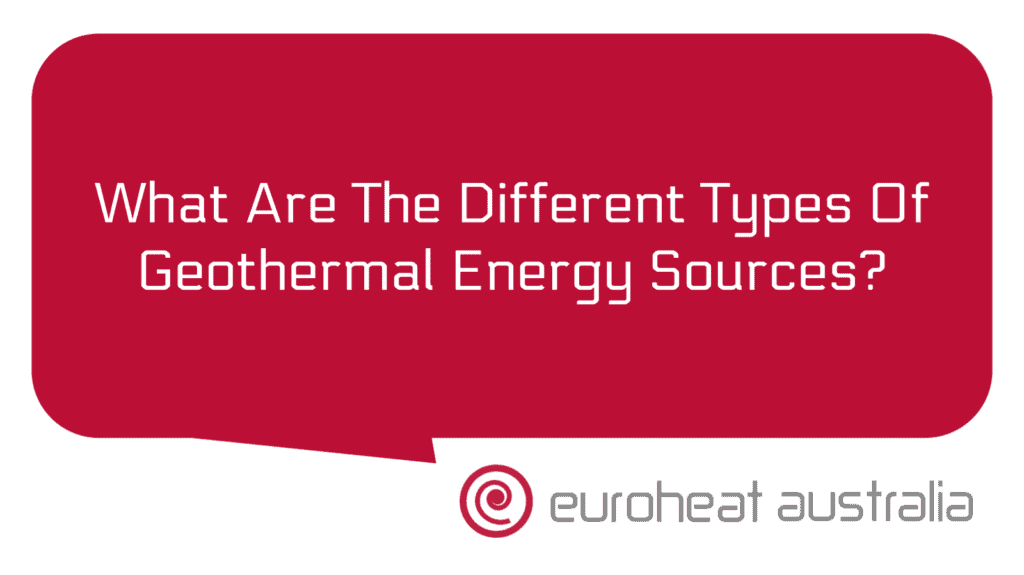Underfloor heating is becoming increasingly popular in Australian homes, and it’s no surprise why. Not only does it provide a comfortable and cosy feeling, but it also offers some great benefits when it comes to energy efficiency and cost savings. To get the most out of your underfloor heating system though, you need to make sure you have the right actuator installed. But with so many different types of actuators available, how do you know which one is best for your home?
In this article, we’ll take a look at some of the different types of underfloor heating actuators available for Australian homes. We’ll explain how they work and the benefits of each one so you can make an informed decision when choosing the right one for your home. We’ll also look at the energy savings and cost reductions that can be achieved with an underfloor heating system, as well as introducing Euroheat Australia – Perth’s leading engineers & installers of hydronic heating & cooling systems with 30 years of experience.
First off, let’s take a look at what an actuator is. An actuator is essentially a device that controls the flow of hot water in an underfloor heating system. It works by opening or closing valves that regulate water temperature based on commands from a thermostat or other control system. This allows for precise temperature control and energy efficiency, as well as cost savings in the long run.
There are two main types of underfloor heating actuators available: manual and electric. Manual actuators are operated by hand – typically using a lever – while electric ones are powered by electricity and can be operated remotely using a thermostat or other control system.
Manual actuators are generally more affordable than electric ones, but they require more effort to operate as they must be adjusted manually each time you want to change the temperature settings. They are also not ideal if you want to control multiple areas in your home as each area requires its own manual actuator.
Electric actuators on the other hand offer greater convenience and flexibility when it comes to temperature control as they can be operated remotely using a thermostat or other control system. This means you can easily adjust temperatures in multiple areas from one central location, making them ideal for larger homes or those with multiple rooms that need different temperatures at different times throughout the day or night.
When it comes to energy savings and cost reductions, underfloor heating systems offer some great benefits over traditional methods such as radiators or air conditioning units. For example, underfloor heating systems typically use lower water temperatures than radiators which means less energy is required to heat up the space resulting in lower running costs over time. Additionally, because heat rises naturally from underneath rather than being forced through ducts like air conditioning systems do, less energy is wasted trying to push hot air around meaning overall running costs are lower too. In fact, studies have shown that installing an underfloor heating system can save up to 25% on annual energy bills compared to traditional methods!
Finally let’s talk about Euroheat Australia – Perth’s leading engineers & installers of hydronic heating & cooling systems with 30 years of experience! Their team has been designing & constructing hydronic systems since 1990 meaning they have plenty of expertise when it comes to designing & installing underfloor heating systems for both residential & commercial properties across Australia! Not only do they offer top-notch design services but their installation teams use high-quality products so you know your system will last for years to come! Plus their expert advice ensures that every customer gets exactly what they need from their new hydronic system so you can trust that your investment will pay off!
In conclusion there are many different types of underfloor heating actuators available for Australian homes that offer both convenience and energy-efficiency benefits depending on your needs and budget! If you want expert advice on what type would work best for your home then make sure to contact Euroheat Australia – Perth’s leading engineers & installers who have 30 years experience in designing & constructing hydronic systems!





